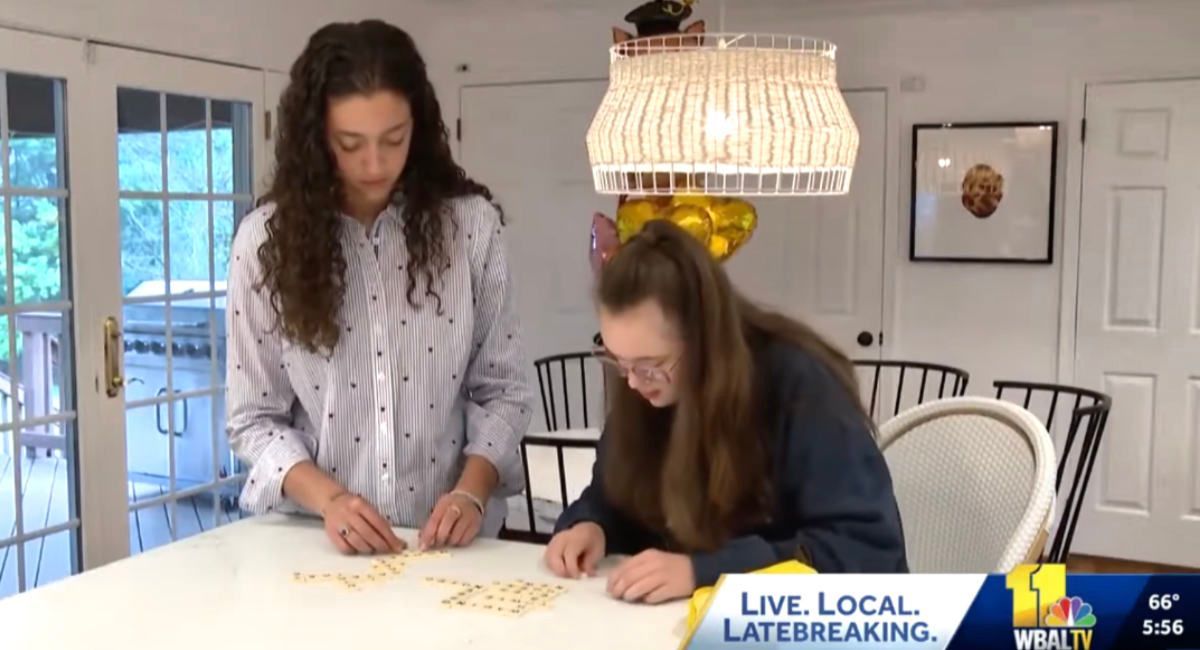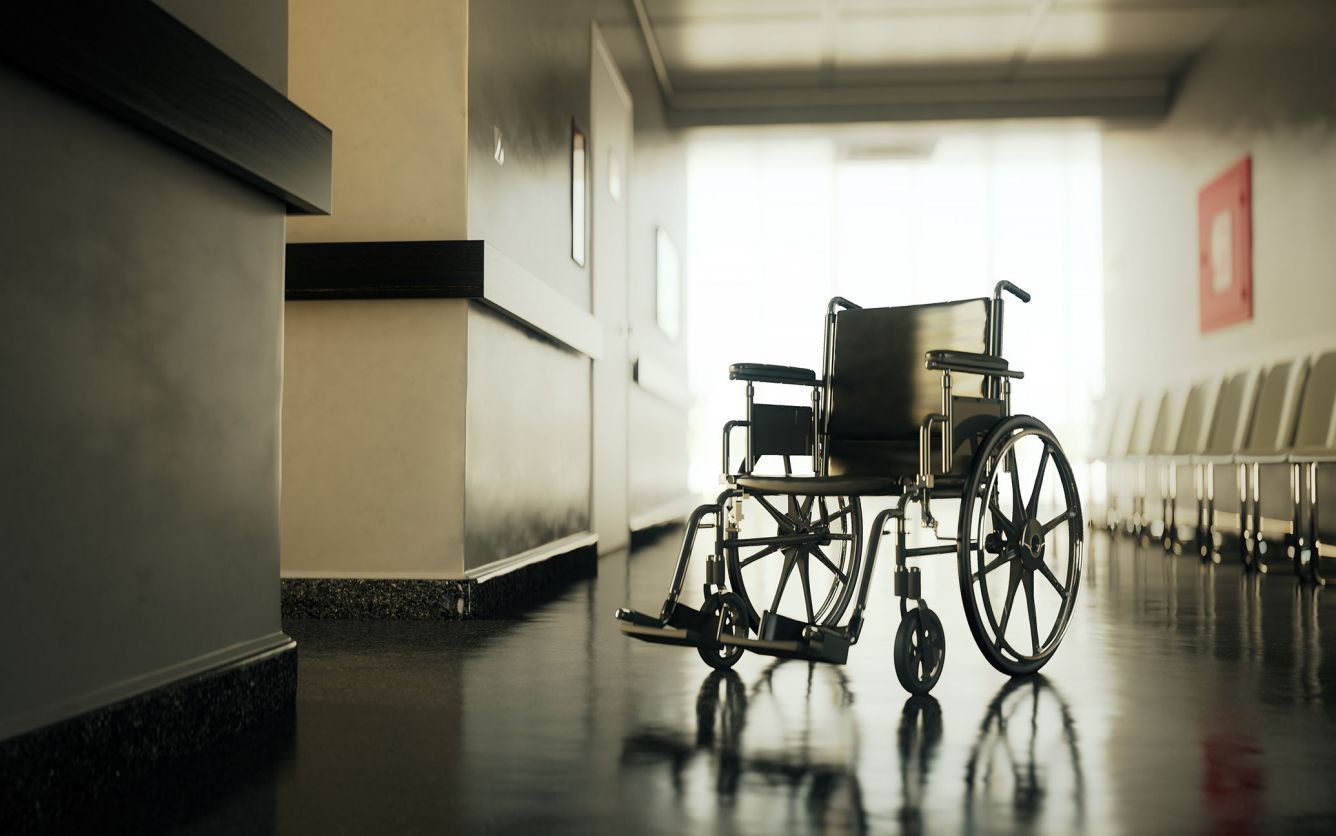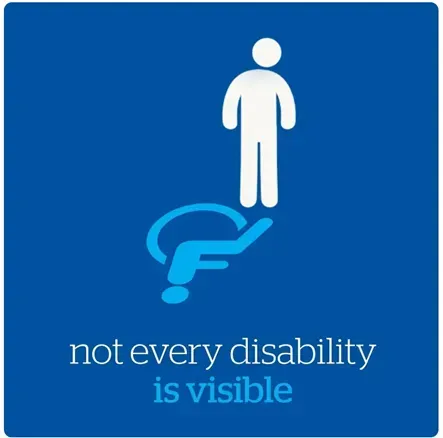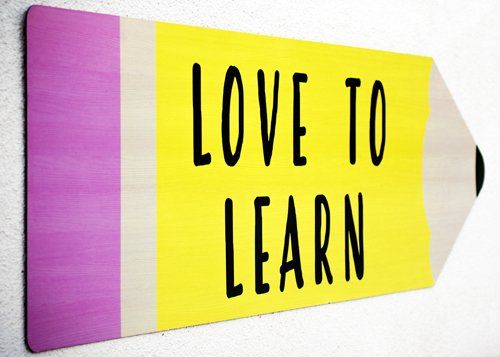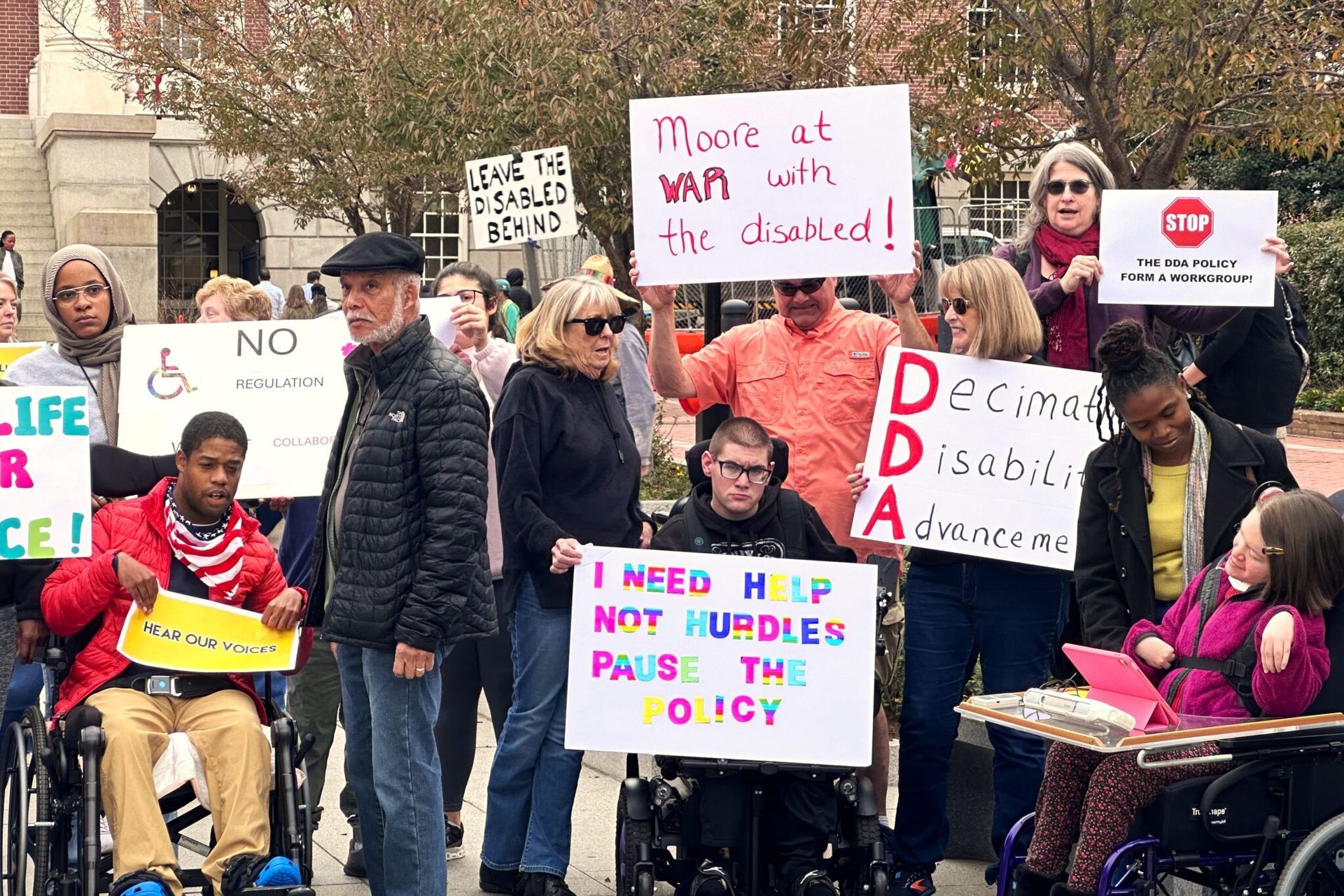"What input can be provided to the school following an extended period of home schooling?"
This month’s ASAT feature comes to us from David Celiberti, PhD, BCBA-D and Mary Jane Weiss, PhD, BCBA-D. To learn more about ASAT, please visit their website at www.asatonline.org . You can also sign up for ASAT’s free newsletter , Science in Autism Treatment, and like them on Facebook !
My spouse and I have been providing home-based instruction with the guidance of my son Sammy’s special education teacher, BCBA, and rest of the team and we learned a lot! We had already received some parent training in behavior analytic teaching and now have had the opportunity to put these skills into practice. What should we be communicating to his school team now that this has been underway for a few weeks and how can we use what we learned as a family to guide future goals/planning?
Answered by David Celiberti, PhD, BCBA-D and Mary Jane Weiss, PhD, BCBA-D
Let’s be clear. The abrupt cancellation of educational and other services certainly caught the autism community off-guard and put families in the challenging position of cobbling together home-based learning opportunities. We recognize that some families have had a wide range of support including ongoing consultation and training, as well as virtual teaching and therapies. Sadly, some families have received little support and have had to create structures and home programming with little guidance. It is also important to recognize that every family is unique in terms of the resources that they may have to support home-based learning, as well as possible fluctuation in availability and resources to carry out home-based instruction that may occur over time.
Your question is an excellent one. Our response comes from a place that accepts that we are in a period of transition that was not planned or initially well designed. Nonetheless, there are steps we can take now, which include asking questions that will improve the quality of the home-based instruction moving forward. You will see that we have provided you with numerous questions that may help guide your conversations with his team. Furthermore, so much can be learned about how Sammy adjusts that can be shared with his team and inform future conversations, priorities, and goals. It is that spirit in which we offer you this reply.
By way of background, we want to first acknowledge some of the many contributions that parents may offer to help shape their children’s intervention efforts. Taken together, these bear tremendous relevance to COVID-19 and position you well to help improve the quality of your son’s home-based learning.
Parents were already important information providers:
- Parents, like yourselves, are walking historians of their children’s lives and have rich, firsthand knowledge.
- Parents have extensive familiarity with their children in a variety of settings and situations outside of school.
- Parents often inform the selection of potential motivators (reinforcers) that can be used at school and in other settings (e.g., “he loves basketball”).
- Parents can provide useful input about treatment targets (i.e., goals, new skills to be taught).
And now with instruction in the home:
- Parents can more deeply participate in the ongoing selection of treatment goals.
- Parents can identify targets that are likely to be reinforced in the natural environment (i.e., what skills are valuable for Sammy to possess right now and in the future).
- Parents can provide the professional with important information about carryover across materials, people, situations, and settings (presence or absence of generalization), whether mastered skills continued over time (maintenance), and unexpected benefits emerging such as improved sibling interactions as a result of more structured family time (collateral effects).
Now back to your question. If your family is carrying out family-led instruction, you are likely learning a lot about your son, such as how Sammy learns, which skills readily carry over and which do not, and where he may struggle. We encourage you to maintain very close contact with Sammy’s teacher and other service providers and direct your questions to them.
We are hoping that you have already gained a better sense of the roles and responsibilities of various members of your team, particularly if your contact with the related service providers had been minimal prior to COVID-19. If you would like more guidance, our colleagues at Attentive Behavior Care recently authored an article on this very topic which may help you to determine whom would be the best person to address your questions. If unsure, it would be fine to ask, or to copy, more than one provider on your inquiry (ensuring of course that these providers have your consent to collaborate). This is a very appropriate time to develop a clearer understanding of roles, as well as a mutually satisfying agreement about the nature and frequency of communication.
Based on your observations and impressions, coupled with your existing familiarity with behavior analytic intervention, please reflect on some of the questions below, which may help you better communicate feedback and concerns to your team at school.
Related to Your Role
- What role did you play in Sammy’s intervention before COVID-19 and how did it evolve given that Sammy is not in school? How has it continued to evolve?
- Do you have a clear sense of your current role and what is expected of you?
- Are you comfortable with your role? Do you feel overwhelmed? Are there specific aspects that are more challenging to you?
- What assistance have you been provided to support that role?
- Have you been able to express your feelings to the school about shifting roles?
- What might you do differently to better communicate with the school (e.g., check in more regularly, set limits, say no, ask for support, request help with prioritization)?
Related to Reinforcement
- Is the motivation system that you are using clear? Does Sammy need visual support to understand those expectations?
- Are the motivators powerful? Does your son remain interested in them? Do you have a broad array from which to choose?
- Do you need clarity in how best to deliver the reinforcer (i.e., how it should be set up)? Do you know exactly what to deliver, when, for how long, etc.?
- Are new motivators needed? Do you have ideas on what they may be?
- How can they be identified and their strength assessed (which ones may be highly preferred versus moderately preferred)? Do you need assistance keeping reinforcers motivating?
Related to Teaching
- Do you need help structuring the day? What role can visuals play in supporting and conveying that structure?
- Do you know which mastered skills should be practiced? Which ones shouldn’t?
- Will you be teaching new skills? Do you understand how the new skills build on old ones, and which skills will be built on these? Are the adjustments you should make when teaching a brand new skill clear?
- When targeting new skills, is Sammy responsive to your efforts to fade prompts? In other words, are you observing increasing independence in Sammy’s ability to demonstrate the desired skill? Would it help to arrange a video session to have someone watch and give guidance to you?
- Do you need assistance in developing a “user-friendly system” for collecting some data to track the acquisition of his skills?
Related to Retention and Carryover of Skills
- Are previously mastered skills still present? Are those skills consistent? Are they produced independently and in a timely manner? Are you concerned about any aspect of these skills in particular (e.g., consistency, quality of responding)?
- If there are concerns, for which component of the skills are these observed? Be specific.
- Given that teaching may be different than what was carried out at school, are you observing limited carry over of already mastered skills? As there can be many reasons for limited carryover, do you think this may be related to the task being set up differently? Different instructions? Different materials? Different instructors?
Related to Family Life
- What has this experience been like for you and your family? How are things going with your spouse/partner/significant other? Other children/siblings?
- Which aspects have been hard? Which aspects have been easier to manage?
- Are there any skill deficits that were easier to manage before but not more challenging? What grew harder? What grew easier?
- Are you observing an increase in challenging behaviors? Are new behaviors emerging? What are the recurring triggers or antecedents (i.e., what happened right before the behavior occurred)?
- Do you have a sense of what “replacement behaviors” can be taught and/or reinforced (i.e., desired behaviors that may “replace” or, at least, decrease the likelihood of the challenging behavior)?
- In light of any shifts in family life and activity, are there new skills that you believe you are well positioned to target (e.g., more independent bathroom routines, texting grandma, participating in outdoor gardening, following a simple recipe)?
- Do you need guidance in teaching these skills such as assessing present level of performance, laying out a progression of teaching steps, or prioritizing desired outcomes?
- Could you use any guidance in taking steps to improve the quality of the sibling relationship in general, or in certain sibling interactions more specifically?
- With respect to sibling interaction, are there any new or different behaviors you would like to see? More of something? Less of another? Would it help to schedule joint leisure time in which siblings could play a board game, watch a movie, or otherwise spend time together?
This list of questions is by no means exhaustive, but aims to provide you with a framework for communicating your questions and concerns with greater precision and clarity.
We don’t have a sense of how home-based instruction has gone for you and what you specifically may have encountered as a family; however, in the next part of our response, we would like to highlight some of the things that families may learn that can also be shared with the school team. Here are some hypothetical COVID-19 “epiphanies” to provide a framework for the types of discoveries that can be shared with the school team.
“He needed a lot of help with making lunch.” Please reflect on important skills that have required a lot of assistance from you. Let the school know what those skills are and, more specifically, what type of help you needed to provide in order for your son to be successful.
Lesson learned: Weak skills that are observed at home often make new IEP goals. Alternatively, your providers may be able to give you suggestions on how you can target those skills more effectively at home now.
“I had no idea that he couldn’t sign his name.” As your son participates in home-based instruction, and has more opportunities to go into the community with you (to the extent feasible and safe), skills that are completely missing may become evident to you for the first time. These may not have been apparent to you prior to COVID-19. Take note of them and, if necessary, keep a running list.
“Wow! I had no idea that he could actually load the dishwasher all by himself!” Over the last few months, you may have discovered some skills of which you were previously unaware. For any number of reasons, most students with autism are not likely to boast of newly acquired skills at school. Share this observation with the team, as the responsible parties will be happy to learn that the skills carried over. Celebrating successes is exciting feedback for everyone, and also ensures that a balanced conversation is had when you’re addressing concerns and skill deficits.
Lesson learned: Be on the lookout for emerging skills that may have been targeted at school. As progress reports are shared in the future, be sure to continue to ask for examples of newly acquired school-based skills, and how these could be practiced at home.
“My son is now an expert at watering plants, setting the table, and can double knot his shoes.”
In a related vein, it is quite likely that new skills you have taught– perhaps even some that are unexpected– have emerged over the last few weeks while your son has been at home. Share these clearly and proudly with school staff. As suggested above, it may be helpful to write these down so they can he shared later, and so that they are maintained and generalized to school once normal activities resume.
Lesson learned: It is far better to over-communicate than to under communicate, when it comes to newly acquired skills. Communication about expectations is the soil in which consistency can take root. Further, it allows the team to add it to their knowledge base about your child, giving them more information with which to make their recommendations.
Finally, we want to offer five “take-away” suggestions that may help you look to the future and guide some of your communications and priorities in the months ahead:
1. Self-advocate. If you need more help, ask. If you feel overwhelmed, say so; and ask for assistance in developing a more feasible and manageable role (both now and in the future). If the schedule and expectations become unmanageable at a later time, let the team know. If you want to play a larger role, articulate what is driving that and what that might look like. If you need more training, ask yourself what you want to do better and discuss that with your team.
2. Go easy on yourself. There was and is no blueprint for how to manage the myriad of disruptions, obstacles, and losses associated with COVID-19. Sometimes we can be our own worst enemy so give yourself grace. It is OK not to be amazing everyday. Perhaps realistic, weekly goals can be helpful (“Next week, I want to try to do better at …”).
3. Embrace what you have learned. Although this pandemic has brought much stress and sadness to so many families, this crisis has provided opportunities for learning. All of us – parents and professionals alike – can grow and benefit from the many lessons learned. The task ahead is how to translate these new skills, knowledge, and experiences into long-term gains.
4. Work toward a shared vision for your son’s future. Such a vision should be discussed widely, operationalized, and revisited frequently. Questions for teams to consider may include:
- “What is our mission for Sammy this year?” “What do we want most to accomplish?”
- “What is the single most important IEP goal that trumps all others?”
- “What will Sammy need in 5 years?” “How do we get there?”
- “What are the biggest barriers and obstacles for future success?” “Which of these relate to Sammy?” “Which relate to his services?”
- “Are we on the right path?” “If so, what needs to continue?” “If not, what should change and what can we do differently now?”’
- “Is Sammy able to participate in these conversations” “Is there a mechanism to engage him in goal selection and decision making?” “What would be needed to make that a meaningful experience for him?”
5. Communicate, communicate, and don’t forget to communicate. By way of a quick review, this would pertain to your concerns, your questions, and your achievements as a family.Please take the time to review the other related articles in this special issue of Science in Autism Treatment and we wish you all the best in the months ahead.
Citation for this article:
Celiberti, D., & Weiss, M. J. (2020). A Clinical Corner on home schooling during COVID-19: What questions, concerns, and input can be provided to the school? Science in Autism Treatment , 17 (4).
David Celiberti, PhD, BCBA-D, is the Executive Director of ASAT and Past-President, a role he served from 2006 to 2012. He is the Editor of ASAT’s monthly publication, Science in Autism Treatment. He received his PhD in clinical psychology from Rutgers University in 1993 and his certification in behavior analysis in 2000. Dr. Celiberti has served on a number of advisory boards and special interest groups in the field of autism, applied behavior analysis (ABA), and early childhood education. He works in private practice and provides consultation to public and private schools and agencies in underserved areas. He has authored several articles in professional journals and presents frequently at regional, national, and international conferences. In prior positions, Dr. Celiberti taught courses related to ABA at both undergraduate and graduate levels, supervised individuals pursuing BCBA certifications, and conducted research in the areas of ABA, family intervention, and autism.
Mary Jane Weiss, Ph.D., BCBA-D, LABA, is a Professor at Endicott College, where she has been for 9 years, and where she serves as the Executive Director of ABA and Autism Programs, including directing the Ph.D. Program in ABA. Dr. Weiss also does research with the team at Melmark. She has worked in the field of ABA and Autism for over 35years. She received her Ph.D. in Clinical Psychology from Rutgers University in 1990 and she became a Board Certified Behavior Analyst in 2000. She previously worked for 16 years at the Douglass Developmental Disabilities Center at Rutgers University. Her clinical and research interests center on defining best practice ABA techniques, exploring ways to enhance the ethical conduct of practitioners, teaching social skills to learners with autism, training staff to be optimally effective at instruction and at collaboration, and maximizing family members’ expertise and adaptation. She is on the board of ASAT.

